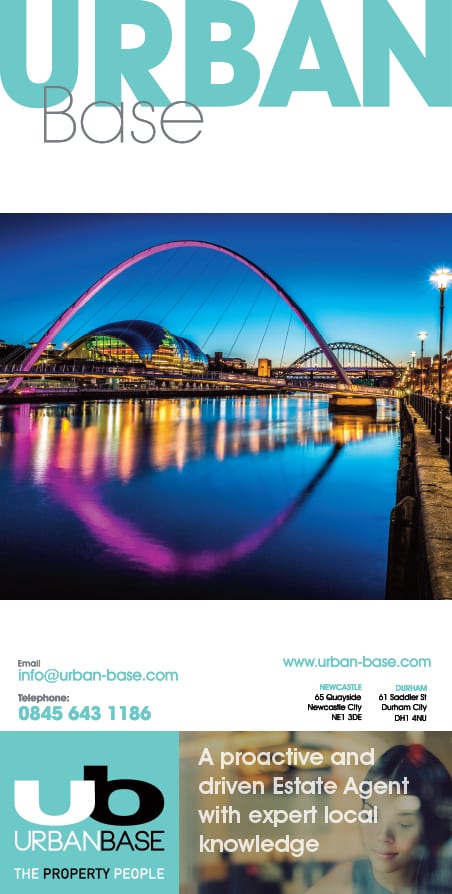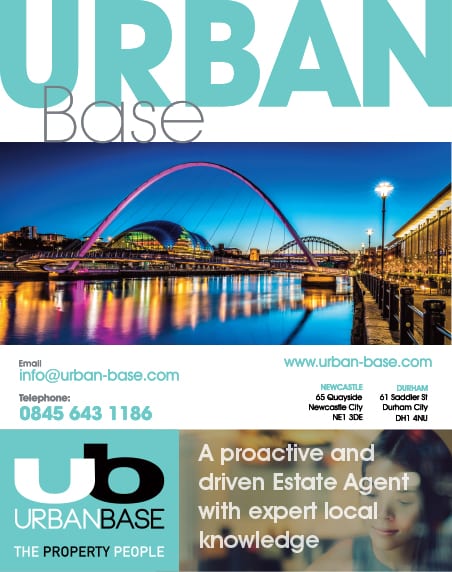Last month I was among a group of like-minded professionals debating the future of consultation and engagement, and what we - as practitioners - can do to achieve better outputs for all parties. As you would expect, there were many suggestions, some of which inevitably led to more questions. But, asks Ruth Shepherd of Results Communications, shouldn't we be questioning if stakeholder engagement is a missed opportunity for many?
The last 12 months has seen us complete a number of challenging (not unusual) public consultation and stakeholder engagement projects for clients. This kind of project are generally the norm rather than the exception, and they generally feature the same ‘characters’: angry people who don’t want change, misinformed people who believe what is said locally, emotion – rather than fact-led individuals with bold assertions of ‘we will stop you’ and wide-scale sceptics that what’s proposed is what is really intended to be built.
What’s notably missing is – among some parties – a willingness, in the true spirit of the word – to engage from the community.
By definition, ‘engagement’ is actions and processes taken or undertaken to establish effective relationships with individuals or groups so that more specific interactions can then take place and the process of working collaboratively with and through groups of people affiliated by geographic proximity, special interest, or similar situations to address issues affecting the well-being of those people.
Likewise, ‘consultation’ is the dynamic process of dialogue between individuals or groups, based upon a genuine exchange of views and, with the objective of influencing decisions, policies or programmes of action.
Neither of these definitions – and thus engagement – are achievable if both the consultor and the consultee fulfil their responsibilities within the engagement process.
The consultor has the responsibility of ensuring that the consultation/engagement is being carried out at a time when the subject under discussion is still at a sufficiently early stage that those being consulted can influence the proposals. The consultee has the responsibility to approach the consultation with an open mind – and be prepared for discussions around change.
Quite often we find ourselves – as consultors and consultors’ agent – the target of verbal attack, (unfounded) accusations and in the middle ground between the client’s genuine desire to find out what people think about their proposals and the community’s resolute determination to prevent the propsoals coming to fruition.
So how can we – as both consultor and consultee – do things better?
Consultor
Consult at an appropriate time in the development of proposals
Be clear about what is under consultation, what the objectives are, and what consultees can influence
Hold the consultation at a time when people are more likely to engage, and where people can access it
Develop a strategy which includes a range of options for engaging, and tools for reaching out to different target groups within your stakeholder map
Provide the appropriate amount of time for feedback to be provided
Consultee
Be open to ideas – a consultee can campaign, but a campaigner cannot be consulted if they are not open to the idea of change
Tell us your views – a consultation is not a vote so just saying you object will not help anyone understand your concerns
Bear in mind that not everyone who is being consulted shares your views, so if you are representing a group be clear about how many and who you are representing and that you are authorised to speak in their name
Provide meaningful feedback – concerns and questions within the community are known
Be prepared for multi-directional dialogue – engagement is about relationship-building


